

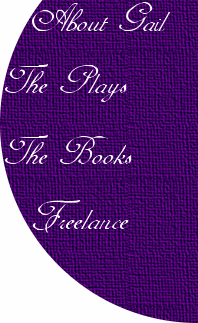
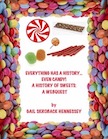

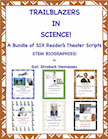
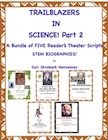
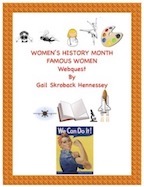
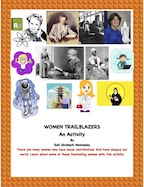
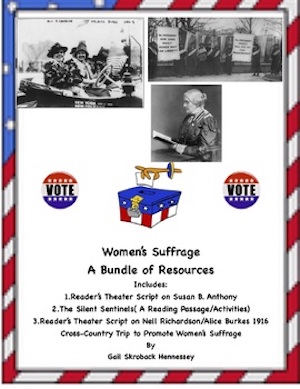
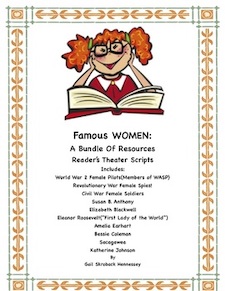
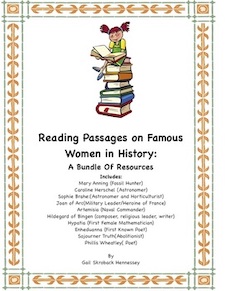
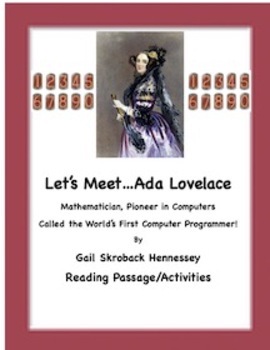
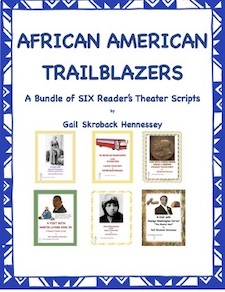
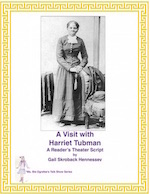
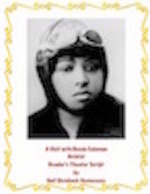
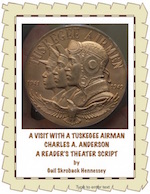

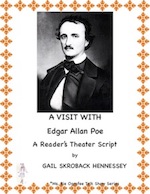
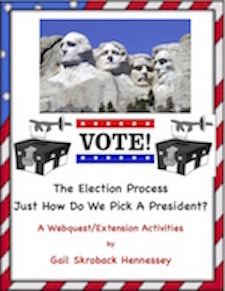
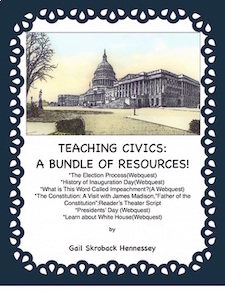


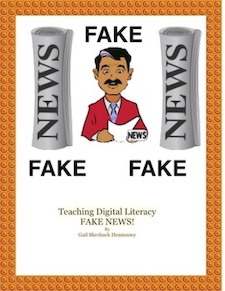
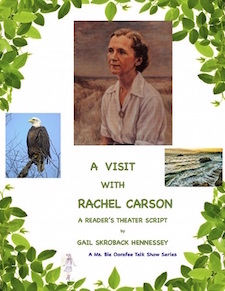
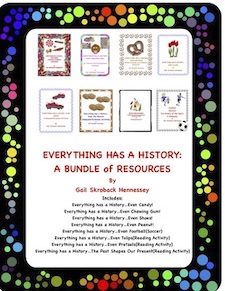
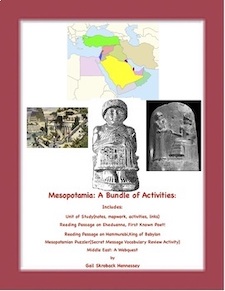
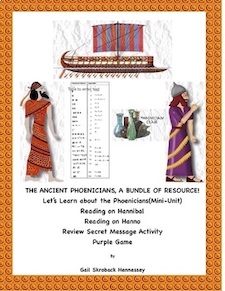
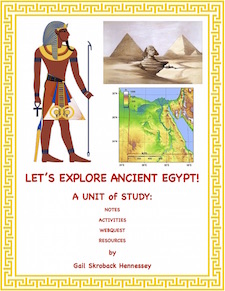
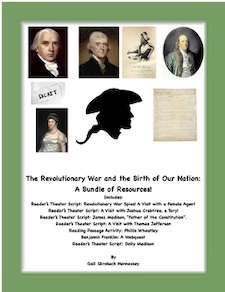
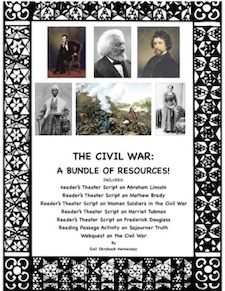
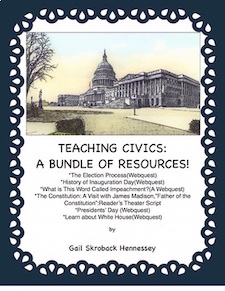
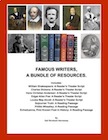
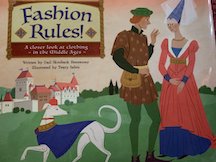
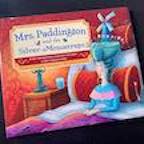
My Book-Mrs. Paddington and the Silver Mousetraps
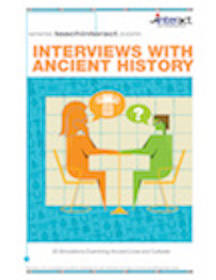


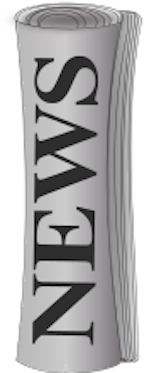
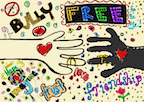
Anti-Bullying Resources
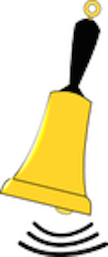
Bell Ringers!
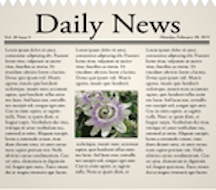
Updated regularly
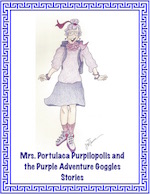
Mrs. Portulaca Purpilopilis
and the Purple Adventure Goggles

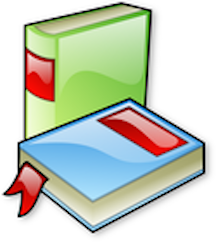


Facts to Wow your Friends!

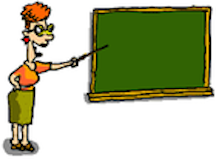 Teaching Ideas!
Teaching Ideas!
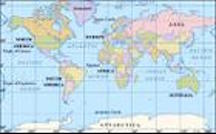
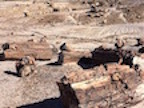

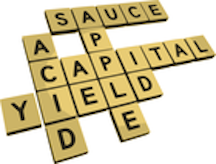

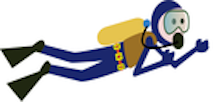


` `

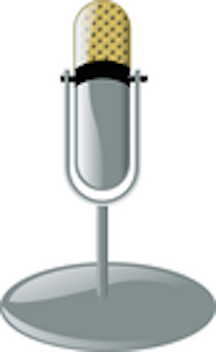
Cousin Brucie was inducted into the Radio Hall of Fame in 1988.
1. Can you explain to young people what is a radio personality?
First, a radio personality is the correct term used today for people on the radio. At one time, we were called DJs. A radio personality is more descriptive as we don’t just play records. We have conversations with the community in which we broadcast.
2. What are the best parts about your job?
I’d say the best part of my job is getting to talk with people all over the world. I like the immediate reaction that I get from speaking with people. It’s also an important responsibility. You have to be careful what you say and do...you have to think. Once you say something on a live broadcast, it’s out there. You have to be mindful of this at all times.
3. What are the most difficult aspects?
When you first get started, the difficult part is gaining the confidence in the listeners. People tune in to your show and you have to work hard on making sure people want to hear what you have to say and tune in the next day.
4. What is a memory you have about doing your job which you’d like to share with young people?
I’ve gotten to meet most people in the music industry over the years such as Elvis Presley and the Beatles, whom I introduced at Shea Stadium when they did a concert back in 1965.
5. What necessary skills / degrees are needed?
To work on the radio, you need a pleasant speaking voice, a command of the English language, knowledge of music, conversational skills(able to ad-lib), awareness of regional language(if you are on a satellite radio that broadcasts all over the world). You also need to enjoy the music which you play. Listeners can tell if someone isn’t enjoying themselves.
6. What suggestions would you have for young people who might be interested in your career?
Get a copy of a news story and stand in front of the mirror and read it. Put the paper down and then try restating the information in your own words. Join a high school radio club, visit a local radio station and see what goes on in the studio.
7. Describe a recent day on the job.
I start preparing about two hours before my show airs. I pick the music that I will be playing, making sure it has a proper blend. I then meet with my producer and technician sharing the plan for the day’s show. During the day, I also answer emails and telephone calls, do interviews(such as this one) and work on some of my other projects(a recent book) and Variety Children’s Charity. Then, I go into the studio, wait for the LIVE light to go on, and start my show.
8. Was there anything in your schooling or childhood that sparked an interest in your career choice? I have always loved music. As I got older, I actually wanted to become a doctor but it was visiting a radio station that got me hooked on wanting to be on the radio.
Note: Illustration from WPClipart.com